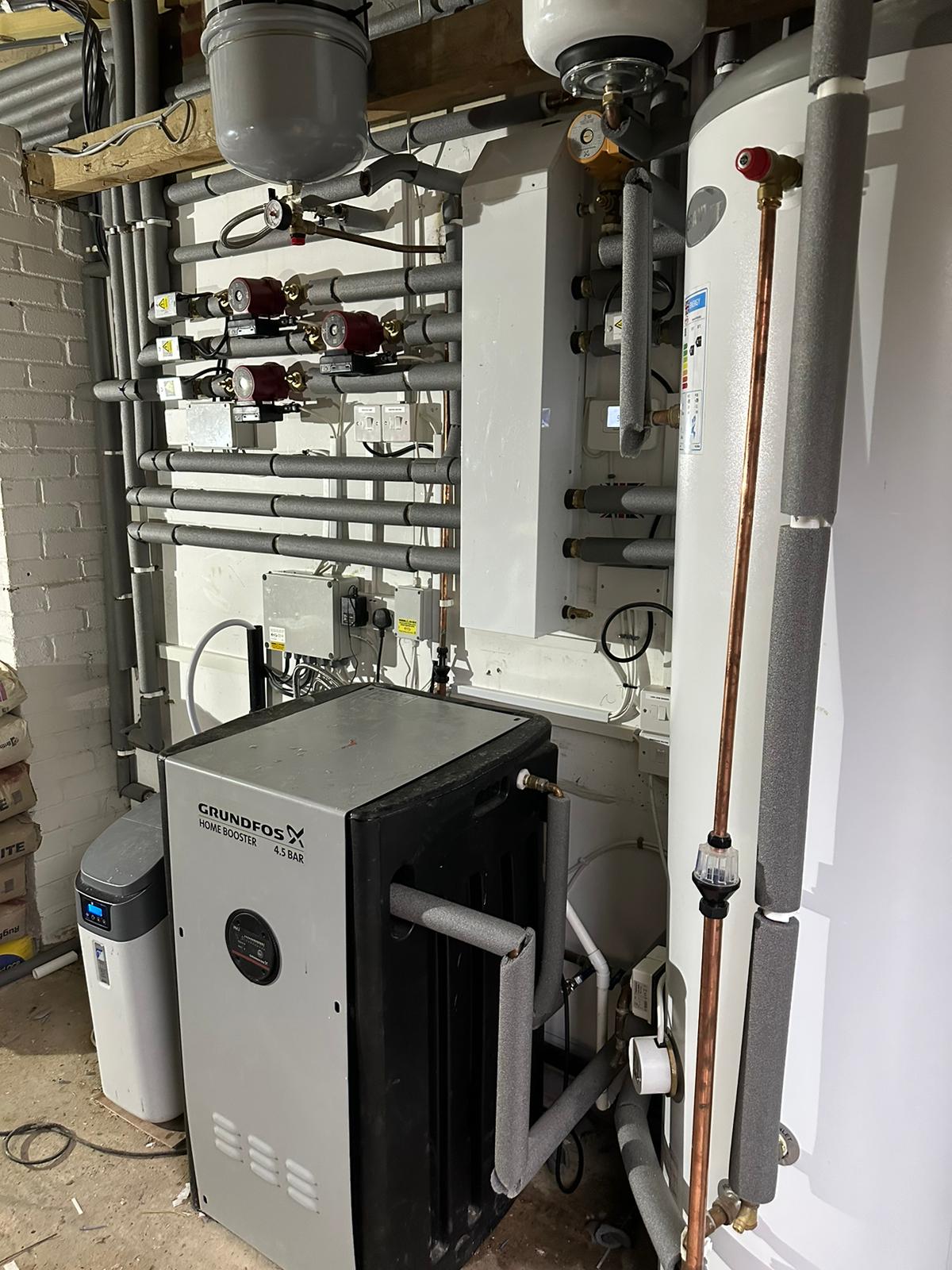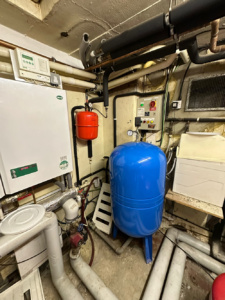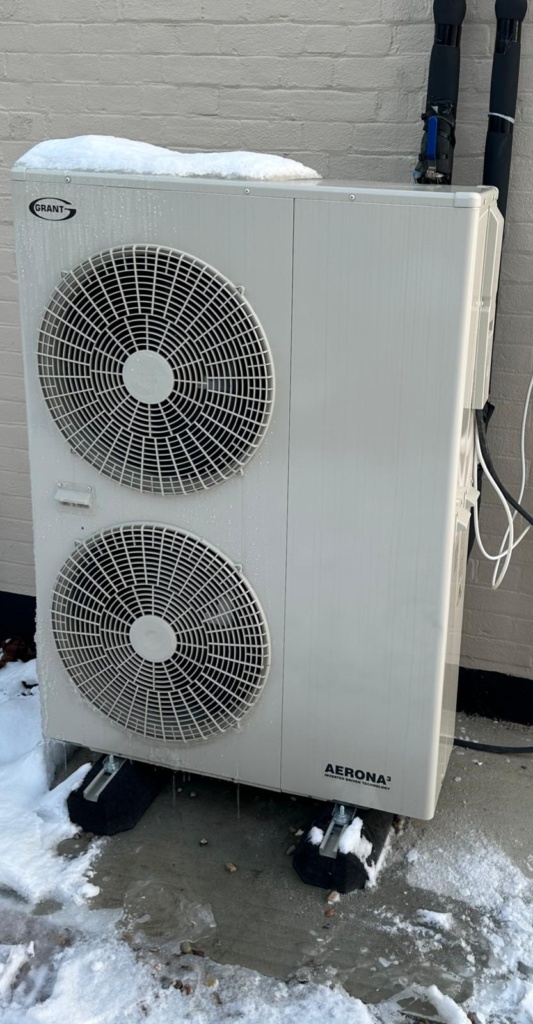
If you’re in the market for a new home heating system, you may be considering an air source heat pump as a cost-effective option. Heat pumps are a type of home heating system that use electricity to transfer heat from the air outside to the inside of your home. They are an eco-friendly alternative to traditional heating systems like furnaces and boilers, which rely on fossil fuels to generate heat.
One of the biggest advantages of air source heat pumps is their efficiency. They use a fraction of the energy required by traditional heating systems, which can result in significant savings on your energy bills. In fact, the U.S. Department of Energy estimates that heat pumps can be up to 300% more efficient than traditional heating systems.
Heat pumps work by using a refrigerant to absorb heat from the air and transfer it to your home. They can be used for both heating and cooling, making them a versatile choice for year-round temperature control.
When choosing an air source heat pump, it’s important to consider the size of your home, your climate, and your budget. You’ll also want to consider the type of heat pump that’s right for you. There are two main types: split systems and packaged systems.
Split systems are the most common type of heat pump and are made up of two parts: an outdoor unit and an indoor unit. The outdoor unit contains the compressor and the indoor unit contains the air handler. These units are connected by a series of pipes that contain the refrigerant.
Packaged systems, on the other hand, are self-contained units that combine the compressor, air handler, and other components in a single outdoor unit. These systems are a good choice for smaller homes or for those who don’t have space for an indoor unit.

To get the most out of your air source heat pump, it’s important to properly maintain it. This includes keeping the outdoor unit clear of debris, changing the air filter regularly, and having the system inspected and serviced by a professional on a regular basis.
Using an air source heat pump can help you save money on energy costs, reduce your carbon footprint, and enjoy a comfortable home all year round. In addition to their energy efficiency, heat pumps have a long lifespan and require minimal maintenance, making them a cost-effective choice for home heating. With proper care and maintenance, your heat pump can provide reliable and efficient heating and cooling for years to come.
Here are some frequently asked questions about using an air source heat pump for home heating:
Q: How much can I expect to save on energy costs by using a heat pump?
A: The amount of money you can save on energy costs by using a heat pump will depend on several factors, including the size of your home, your climate, and your current heating system. However, the U.S. Department of Energy estimates that heat pumps can be up to 300% more efficient than traditional heating systems, which can result in significant savings on your energy bills.
Q: Can heat pumps be used in cold climates?
A: Yes, heat pumps can be used in cold climates. However, they may not be as efficient in extremely cold weather, as the air outside may not contain enough heat to transfer to your home. In these cases, a supplementary heating source may be needed.
Q: How long do heat pumps last?
A: With proper care and maintenance, heat pumps can have a lifespan of up to 20 years or more.
Q: Are heat pumps noisy?
A: Heat pumps are known for their quiet operation, making them a good choice for homes where noise may be an issue.
Q: Are there any rebates or incentives available for heat pumps?
A: Many states and utility companies offer rebates and incentives for homeowners who choose energy-efficient heating systems like heat pumps. This can help offset the initial cost of installation. It’s a good idea to check with your local energy provider to see if any rebates or incentives are available.

